76 results found
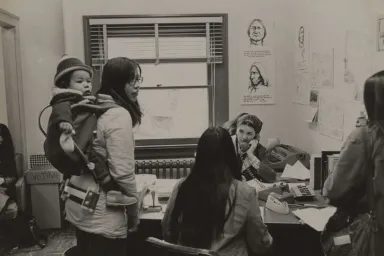
This history was researched by Marisol Peters, a Thomas Intern with Special Collections and University Archives and co-director for the Native American Student Union. A step beyond acknowledging the original people of the land this university occupies: it recognizes contemporary contributions of Indigenous students to our campus community.
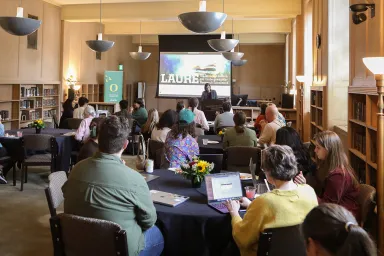
The UO Libraries' Award for Undergraduate Research Excellence (LAURE) recognizes students who create outstanding original scholarship and demonstrate excellent library research skills. Four distinguished members of the Class of 2025 received LAURE awards at an October 23 event in the Knight Library Browsing Room.
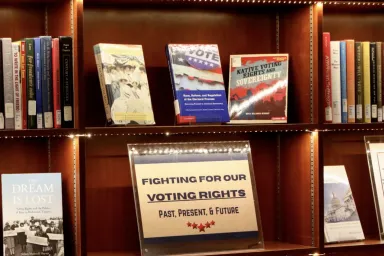
Literature helps to remind us that the right to vote is a hard-won legacy. On display in Knight Library this month, a curated collection spotlights powerful voices and diverse perspectives in the historic struggle to secure and exercise voting rights.
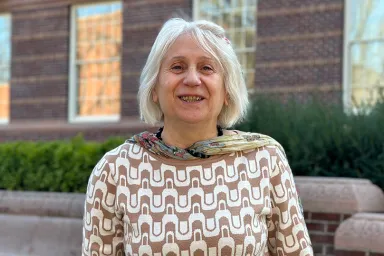
Meet Heghine Hakobyan, the UO Libraries’ Slavic, German and Scandinavian Studies Librarian; also the Interim Subject Specialist for Religious and Judaic Studies. Full of great experiences and stories, she is an invaluable resource for researchers and students.
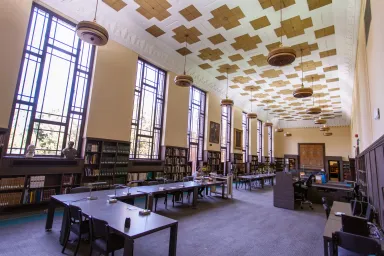
The inaugural Special Collections and University Archives (SCUA) Research Fellows Panel was held on Friday, October 3. The event featured research presentations and discussion spotlighting an international group of emerging scholars from across disciplines.
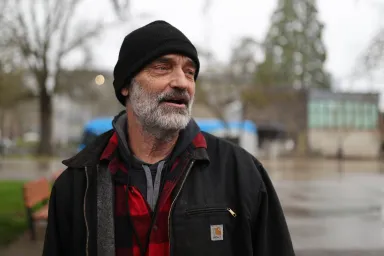
For decades, Tim Lewis and his video camera have been on the scene documenting protests and political activism in the Pacific Northwest. Now UO Libraries is raising funds to acquire and archive his work, assuring that a vital era of history will remain accessible for future generations of researchers, students, and the public.
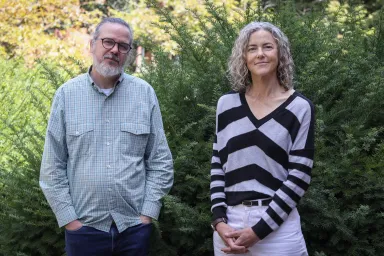
The University of Oregon Libraries has been named one of 97 award recipients in the latest round of National Endowment for the Humanities (NEH) funding. The award will support ODNP's efforts to digitize 100,000 pages of historic newspaper content, greatly expanding and diversifying our state's presence in the Library of Congress' Chronicling America collection.
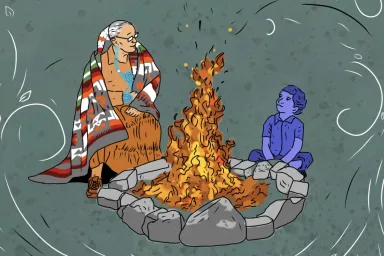
The Big Ten Academic Alliance's Center for Library Programs announces the expansion of the Big Ten Open Books project with the publication of its second 100-book collection. Exploring the history, culture, religion, and resilience of Indigenous populations from the 15th century to present day, these high-quality scholarly works first published by the partnering university presses are now made openly available in digital form.
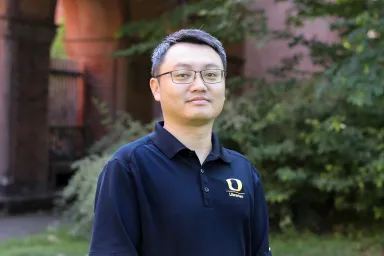
Associate Vice Provost & University Librarian for Collections, Discovery, and Digital Strategy Le Yang is one of four UO faculty members to receive Fulbright U.S. Scholar Program awards for the 2025-26 academic year. As a Fulbright Specialist in Taiwan, he'll work with Taipei Medical University’s library incorporating AI-enhanced search tools and LLMs.
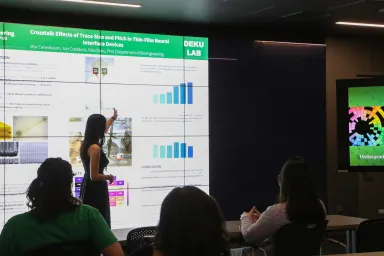
Showcasing the original research, creative work and experiential learning of University of Oregon students, the 15th Annual Undergraduate Research Symposium was the largest to date—and the UO Libraries’ involvement continues to grow.
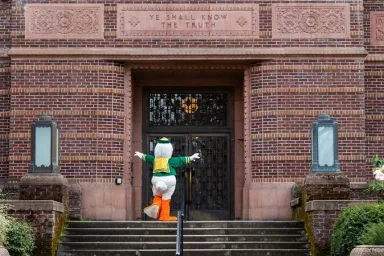
To all our graduating student employees: thank you for your hard work, your bright smiles, and your invaluable contributions. We celebrate your achievements today and look forward to seeing the great things you will do in the future!
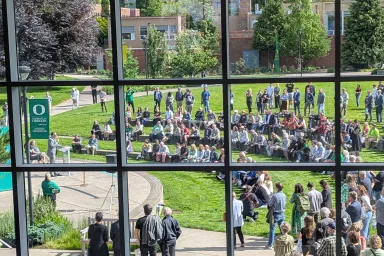
The renovated and transformed UO Portland Library was one of the spaces highlighted on Thursday, May 29, when over 500 guests and luminaries gathered to celebrate the grand opening of the University of Oregon Portland campus.
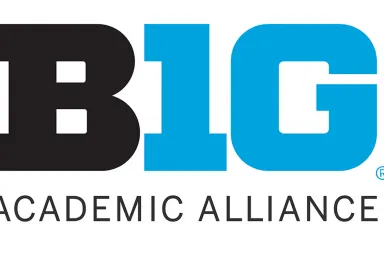
“No fees, no caps, no limits, no hassle.” UO researchers and colleagues across the Big Ten Academic Alliance gain unprecedented access and publishing freedom in Springer hybrid journals.
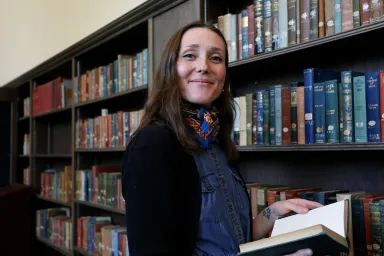
Emily Moore works closely with the library faculty to make archives more accessible, fostering learning and curiosity for all students. Whether she's guiding the analysis of art pigments in collection materials or helping a student navigate their first encounter with rare books, Emily is focused on building connections between people and the library’s collections.
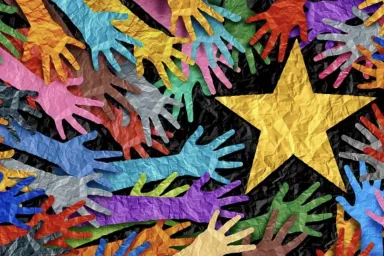
Director of Operations Amy Lake, Processing Archivist Sarah Lueders, and Research and Learning Spaces Manager Jimmy Murray were among 16 classified staff and OAs honored with the 2025 University of Oregon Outstanding Employee Award. Presented by University of Oregon Human Resources, these awards recognize individuals who exemplify excellence in their work and positively impact the campus community.
